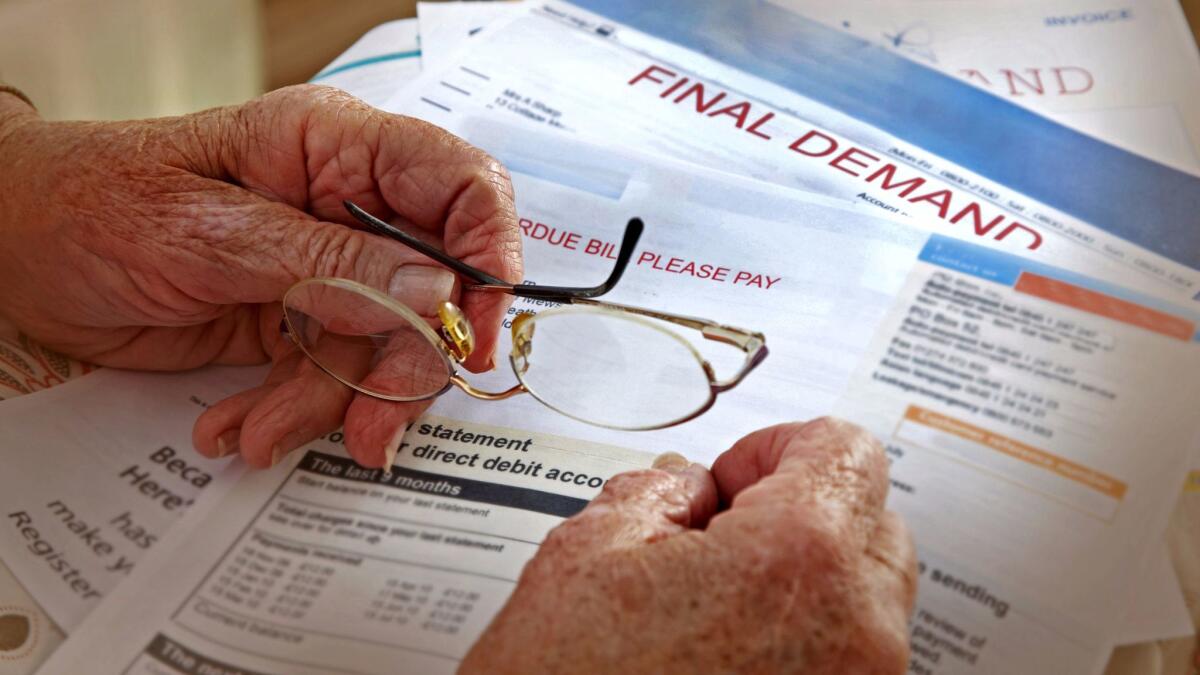Is this normal forgetfulness or should I be worried about Alzheimer’s?

Everybody forgets things now and then, and it’s totally normal for that problem to worsen as the candles on the birthday cake pile up. But when should a lapse in memory or thinking become a cause for concern?
The main symptom to look for is a change in abilities, advises Heather Snyder, senior director of medical and scientific operations at the Alzheimer’s Assn. in Chicago. If you’ve never been good with people’s names — a skill that often declines with age — don’t expect to be good at it as you get older.
But Snyder, who balances her checkbook every week, says she’d have cause to see her physician if she started to have trouble adding up the numbers.
Dementia often manifests as difficulty learning new things. A person might ask the same question again and again. Consistently forgetting recent conversations, or the date, could be a worrisome sign.
Other signs of dementia might include difficulty in tasks such as:
• Following a recipe
• Paying bills
• Navigating to a familiar place
• Remembering the rules to a game
• Remembering where you are or how you got there
• Keeping up with a conversation
• Losing a purse or wallet
• Staying clean
• Keeping up with hobbies or social events
If these or other symptoms crop up, it’s important to see a doctor. A physician can help determine whether memory or thinking problems cross the line between normal aging and dementia. And the cause — perhaps a side effect of a new medication — might be easy to fix.
If the diagnosis is Alzheimer’s disease, Dr. David Knopman of the Mayo Clinic in Rochester, Minn., says he might offer medications that can dull the symptoms. Patients might want to sign up for clinical trials of novel drugs.
Physicians also bring up safety concerns. A person might have to stop driving or caring for grandchildren. In addition, she or he may need assistance with managing money, medications and meals.
Doctors also talk with patients and their families about the future. Dementia from Alzheimer’s gets worse over time, though the speed at which this happens varies. Family members will have to plan for when a person with dementia can no longer live independently. They may want to set up a living will or other legal documents.
In the meantime, it’s important to stay healthy, says Dr. Paul Aisen, director of the Alzheimer’s Therapeutic Research Institute of USC’s Keck School of Medicine in San Diego. For any type of dementia, he recommends mental, physical and social activity.
“They may well help, and they probably have other benefits as well,” Aisen says.
MORE
How to help a loved one cope with dementia
Where are all the medicines for treating dementia?






